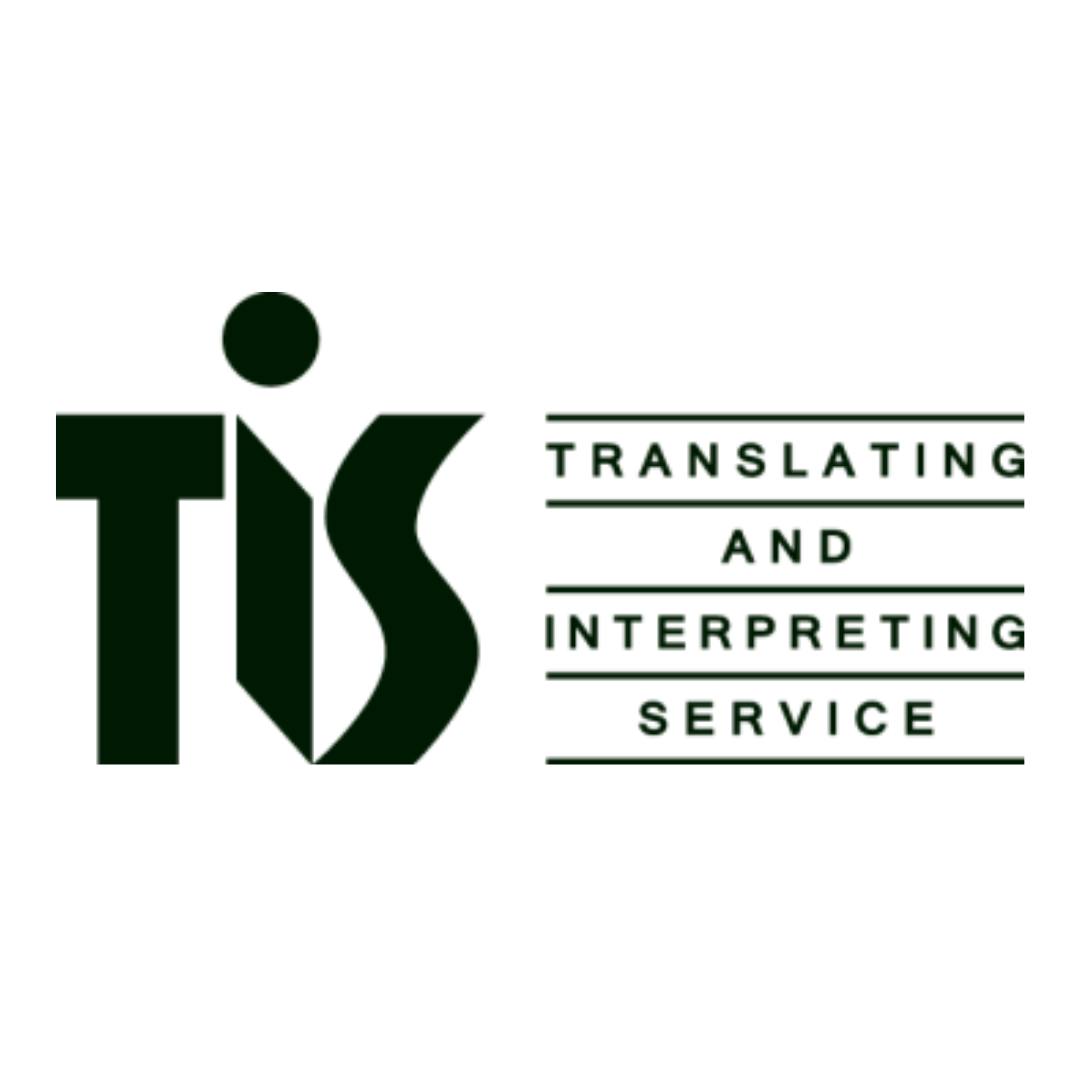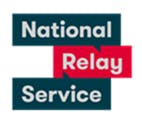Have Your Say on The Draft Wildlife Protection Area Policy
Consultation has concluded
Outcome
On the 2 August 2022, Council adopted the Georges River Wildlife Protection Area Policy.
The adoption of the Wildlife Protection Area Policy 2022 contributes to Council’s overarching Community Strategic Plan 2019-2028 through the following initiatives in the 19 declared Parks and Reserves:
![]()
Monitoring and enforcement of roaming cats and off-leash dogs to support native wildlife and the natural environment, as well as working to protect wildlife through signage;
![]()
Improving accessibility of public reserves by reducing unwanted interactions between the community and roaming cats and/or off-leash dogs;
![]() Ensuring dogs are restrained on leashes except in designated off-leash areas and prohibiting cats from declared Wildlife Protection Areas aligning with the NSW Companion Animals Act 1998;
Ensuring dogs are restrained on leashes except in designated off-leash areas and prohibiting cats from declared Wildlife Protection Areas aligning with the NSW Companion Animals Act 1998;
![]()
We would like to thank all the community members who provided feedback and comments on the policy.
Please note that the Wildlife Protection Area policy will be due for review in 2025.
Background
Georges River Council is exhibiting the draft Georges River Wildlife Protection Area Policy 2022, with 19 bushland reserves proposed to be declared as wildlife protection areas.
Enforcement of wildlife protection areas will be a gradual process, with Council Rangers initially giving priority only to sites that have been identified as Level 3 (High Conservation priority) in the Georges River Biodiversity Study 2021. Council supports responsible ownership of cats and dogs and encourages owners to keep their cats indoors or on their property, and dogs restrained on leads except in Council’s designated off-leash dog areas.
A 90-day delay between signage installation and active enforcement will also be enacted to give the community time to be made aware of the wildlife protection areas.
The Georges River Biodiversity Study 2021 recommended the listing of these 19 reserves as wildlife protection areas due to the following combined reasons:
 | Conservation classification of the sites |
 | Presence of any threatened fauna species at the sites |
 | Council management of the land |
 | Presence of cat and/or off-leash dog, or predation threat recorded at the sites |
The declaration of these reserves as Category 2 wildlife protection areas under the Companion Animals Act 1998 (NSW) means that cats and off-leash dogs will be prohibited and their presence able to be enforced by Council Rangers.
Through the declaration of Category 2 Wildlife Protection Areas, Council will improve the conservation of public land by reducing threats to wildlife by prohibiting roaming cats and off-leash dogs. Any cat, either desexed, owned, semi-owned or unowned can kill native wildlife, and for this reason, any cat will be prohibited from Wildlife Protection Areas within the LGA. The declaration will provide Council with management options for cats (ability to impound) that it currently does not have under existing legislation.
How can you be involved?
The Draft Wildlife Protection Area Policy will be on public exhibition from 2 May 2022 to 31 May 2022, and can be viewed at:
- Via the supporting documents tab on this page.
- Kogarah Library and Service Centre, Kogarah Town Square Belgrave Street, Kogarah
- Hurstville Library and Service Centre, Corner of Queens Road and Dora Street Hurstville
If you would like to provide feedback or comments on the Policy, we encourage you to:
 | Complete our online feedback form. Click here or use the links below to submit your online feedback, or |
 | Return a hard copy submission. |
If you are returning a hard copy submission, please quote SF22/2090 Public Submission - Draft Wildlife Protection Area Policy at the beginning of your submission and return:
 | In person to Georges River Council Civic Centre or Libraries |
 | Via email: mail@georgesriver.nsw.gov.au |
 | Via post: PO Box 205, Hurstville BC NSW 1481 |
Do you need assistance reading and accessing this page?
For a free interpreter call us via the Translating and Interpreting Service (TIS) on 131 450
If you have a hearing or speech impairment, please contact the National Relay Service:
- Voice Relay number: 1300 555 727
- TTY number: 133 677




